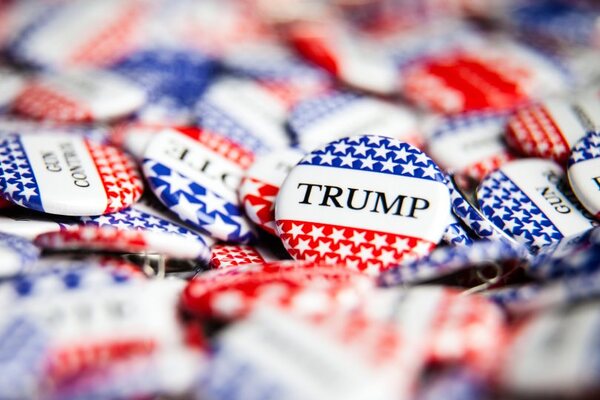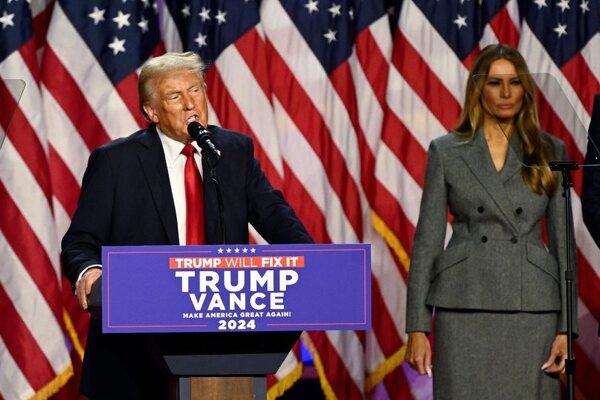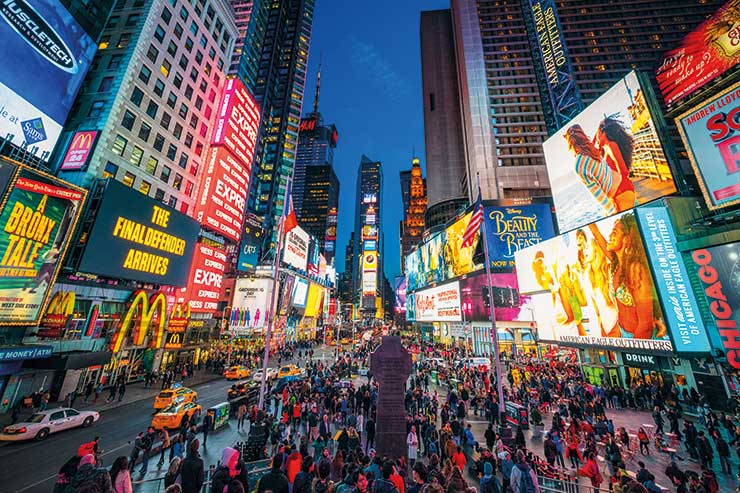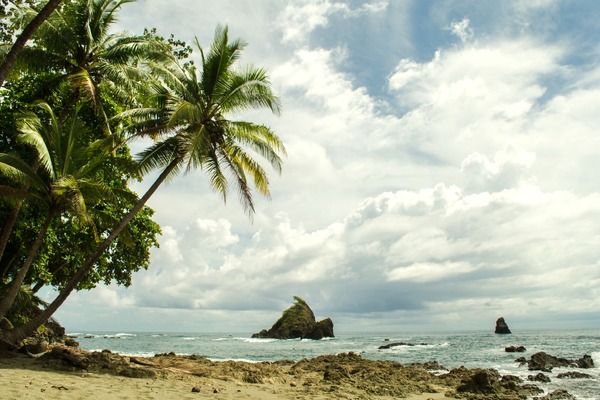'Houston, we appear to have an image problem'
Whether or not travellers factor the governance of a destination into their decisions when they book a holiday is something those involved in promoting and selling the US will learn over the next four years.
Plenty in the industry will argue election results don’t change anything and will scoff at the idea that Donald Trump’s return to the White House will dent demand for travel across the pond. We’ll see if that’s reflected in search and booking data in the weeks ahead.
But I’d argue perception is everything and right now, the US has an image problem.
Perhaps it’s just the shock of the new, but what was once united now looks hopelessly divided. Discourse has become characterised by distrust. What was welcoming and well known suddenly feels vaguely unfamiliar.
Of course, it would be naive to suggest everything that makes America great for a holiday has changed overnight. The history and heritage, the landscape, the boundless energy and enthusiasm – all of this will still be there next time we visit.
But it would be equally naive to say things are the same, or that people aren’t uncertain about what all this could – and will – mean, and how things might differ once the bunting comes down.
Depending on who you believe, it was either Oscar Wilde or George Bernard Shaw who said England and America are two nations separated by a common language. Trump’s re-election hints at there being a whole lot more things that will separate us in future.
The rhetoric has made it clear those who wish to "other" minority groups will be increasingly legitimised, and this will presumably include the "othering" of those who visit.
Meanwhile, protectionist economic policies will drive up prices for the goods and services travellers buy and incentivise price-conscious consumers to look elsewhere – and that’s before we talk about an already weakened pound’s performance against a resurgent dollar.
Could "putting America First" come at the expense of the openness and generosity to all we take for granted? Agents have already shared they expect certain customers to have a "pause for thought" before booking.
To an extent, we feel positive towards brand and grow loyal to them because they’re familiar to us. We take comfort in their "knowability" and the values we share with them.
Part of this market’s special relationship with the US is rooted in that sense of knowing what to expect when we visit; that it will be familiar, and that – broadly speaking – we recognise ourselves in what we see. We’ve had our historic disagreements, but there’s always been more that unites than divides us.
The perception problem the US now faces is different to the short-term dip in demand, the so-called "Trump slump", the country suffered following Trump’s election in 2016.
This time, he’s a known quantity, and has made his intentions clear. Proving to fickle and nervous travellers the historic certainties that fed our shared loyalty – the "us" in the USA – still exist will be a challenge for travel brands.
Marketers and those involved in the promotion and sale of the US will have to work hard to show how the new administration, and the way it emboldens certain beliefs and behaviours, won’t change the essential DNA of what is still one of the most successful, most loved and most valuable destination tourism brands in history.
How can they use the tools at their disposal to help consumers see beyond the rancorous, divisive and destructive sights and sounds being fed through their screens to show the brand qualities that have seen so many fall for such a vast melting pot of a country and culture hold strong?
Brand loyalty is hard won, and easily lost. There will be plenty of established and emerging rivals to the US eying its crown, standing ready to promote their own brand values. They will gladly open their doors as an alternative.
Phil Bloomfield has more than 25 years’ experience in travel communications, working in-house or in agency roles for brands including Virgin Holidays, Cheapflights, dnata Travel Group, Celebrity Cruises and Travelzoo. He now runs Bloom Communications and is a founding member of the Llama collective of travel marketing specialists, helping brands all over the world to sharpen their marketing.
















